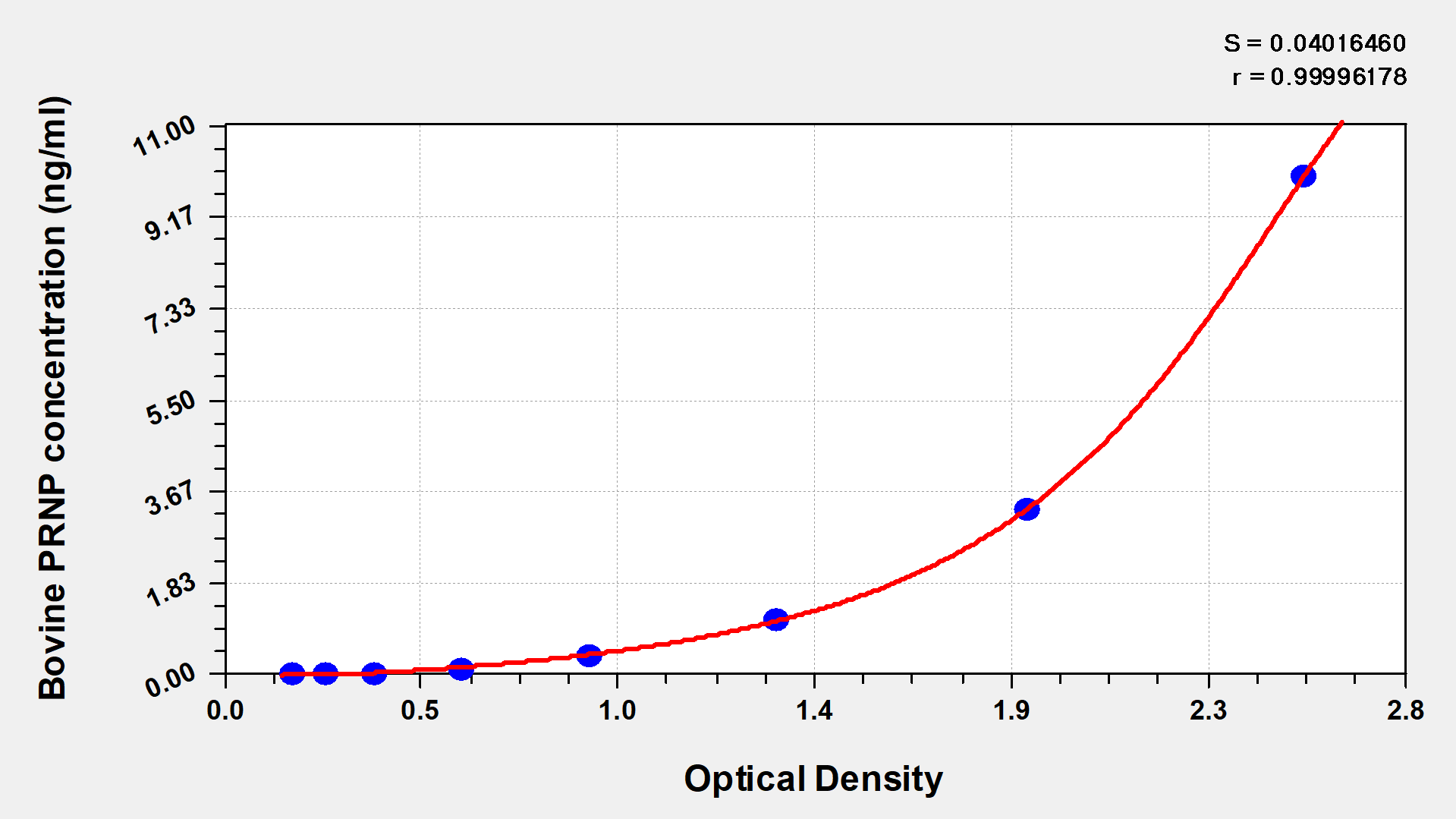Involvement in disease
Variations in PRNP are responsible of transmissible bovine spongiform encephalopathies (BSE), a class of neurodegenerative diseases that affect various mammals. These diseases are caused by abnormally folded prion proteins. BSE can be subdivided into at least three groups: classical, H-type and L-type, with the latter 2 collectively referred to as atypical BSE. Susceptibility or resistance to a BSE disease can be influenced by at least 3 factors related to the host prion protein: protein expression levels, number of octapeptide repeats, and specific polymorphisms. In cattle, as in humans, BSEs can occur as infectious, spontaneous and genetic diseases.




